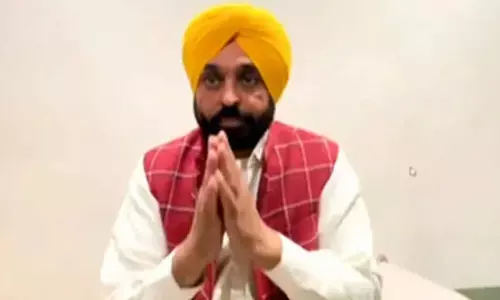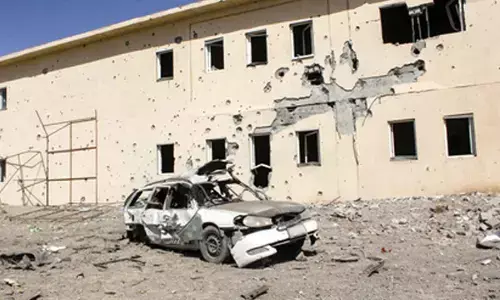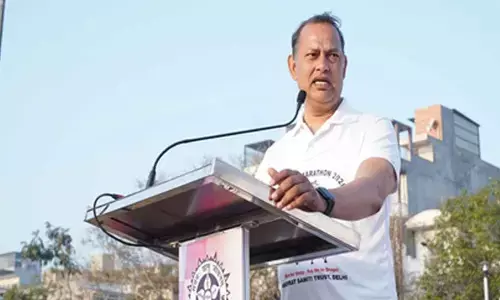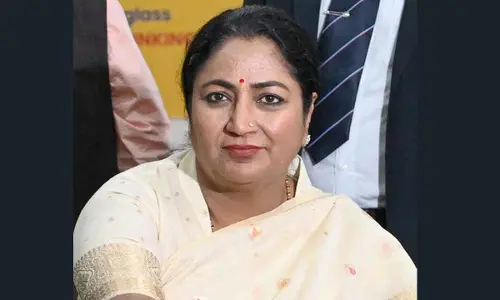SC questions Gujarat govt over remission to convicts
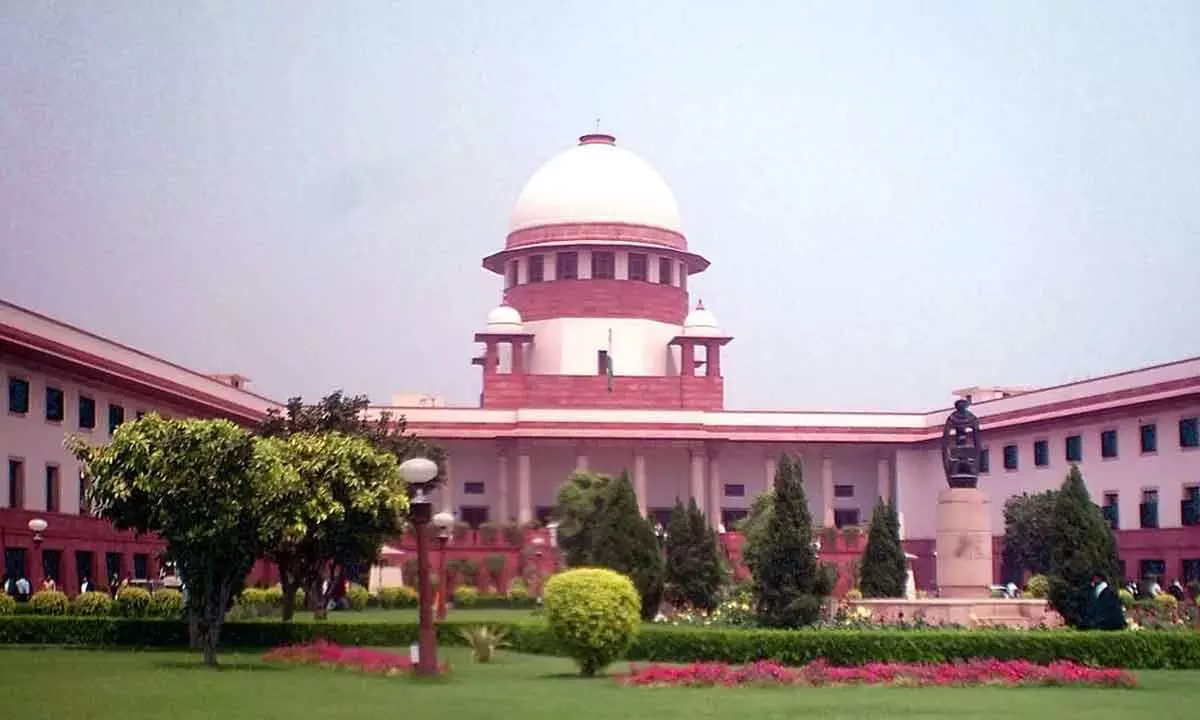
Supreme Court bench recuses from hearing ADR plea
Says gravity of offence should have been considered
New Delhi: The Supreme Court on Tuesday questioned the Gujarat government over the remission granted to the 11 convicts last year in the case of gangrape of Bilkis Bano and murder of her family members during the 2002 Godhra riots, saying the gravity of the offence should have been considered and asked whether there was any application of mind.
Asking for reasons for the premature release of the convicts, a bench of Justices KM Joseph and BV Nagarathna also questioned the paroles granted to them during their incarceration period. "It (remission) is a kind of grace which should be proportional to crime." "Look at the records, one of them was granted parole for 1,000 days that is three years, the other 1,200 days and third is for 1,500 days. What policy have you (Gujarat government) been following? It is not a simple case of section 302 (murder) but a case of murders compounded by gangrape. Like you cannot compare apples with oranges, similarly massacre cannot be compared with single murder."
Hearing a plea challenging the release of the convicts, the apex court said although there was consultation with the Centre for grant of remission but the state is required to apply its mind, looking at the gravity of the offence.
The Centre and the Gujarat government also told the court that they may file a plea seeking a review of its March 27 order asking them to be ready with original files on the grant of remission.
Senior advocate AM Singhvi, appearing for one of the PIL petitioners, said the records show that when the convicts were released on bail, they had given threats to witnesses and were involved in other crimes.
Advocate Shobha Gupta, appearing for Bano, said no new records have been filed in the petition and it is just the challenge to the remission granted to the convicts.
The bench told Additional Solicitor General SV Raju, appearing for the Centre and the Gujarat government, "Here a pregnant woman, who was gangraped and several members of her family were killed. Crimes are generally committed against society and the community. Unequals cannot be treated equally." "The real question is whether the government applied its mind and what material formed the basis of its decision to grant remission in the facts and circumstances of the case," the bench said, adding, "Today it is this lady (Bilkis) but tomorrow it can be anyone. It maybe you or me. If you do not show your reasons for grant of remission, then we will draw our own conclusions."
The bench told Raju that non-production of original files will be construed as a contempt and asked him why the state government was shying away from producing the files.
Justice Joseph said the court is actually concerned with the exercise of power by the state in the present case and referred to a 2006 two-judge verdict of the apex court in the case of Epuru Sudhakar versus Government of Andhra Pradesh, in which the remission order was set aside as the ground was that the convict was "a good Congress worker".
"We are aware that the power of the state government to grant remission is not amenable for judicial review unless manifestly arbitrary. It is a sovereign power which does exist under various jurisdictions. It is a kind of grace which should be proportional to crime. There has to be some objective standards. For the exercise of power under Article 161 of the Constitution, certain guidelines as laid down by this court needs to be followed," he said.
The bench further said that when a crime is committed, the offence is against a community or the society and "when you release a person in a case like this, you have to look at the public at large. You have to see what message you are sending to the public".


